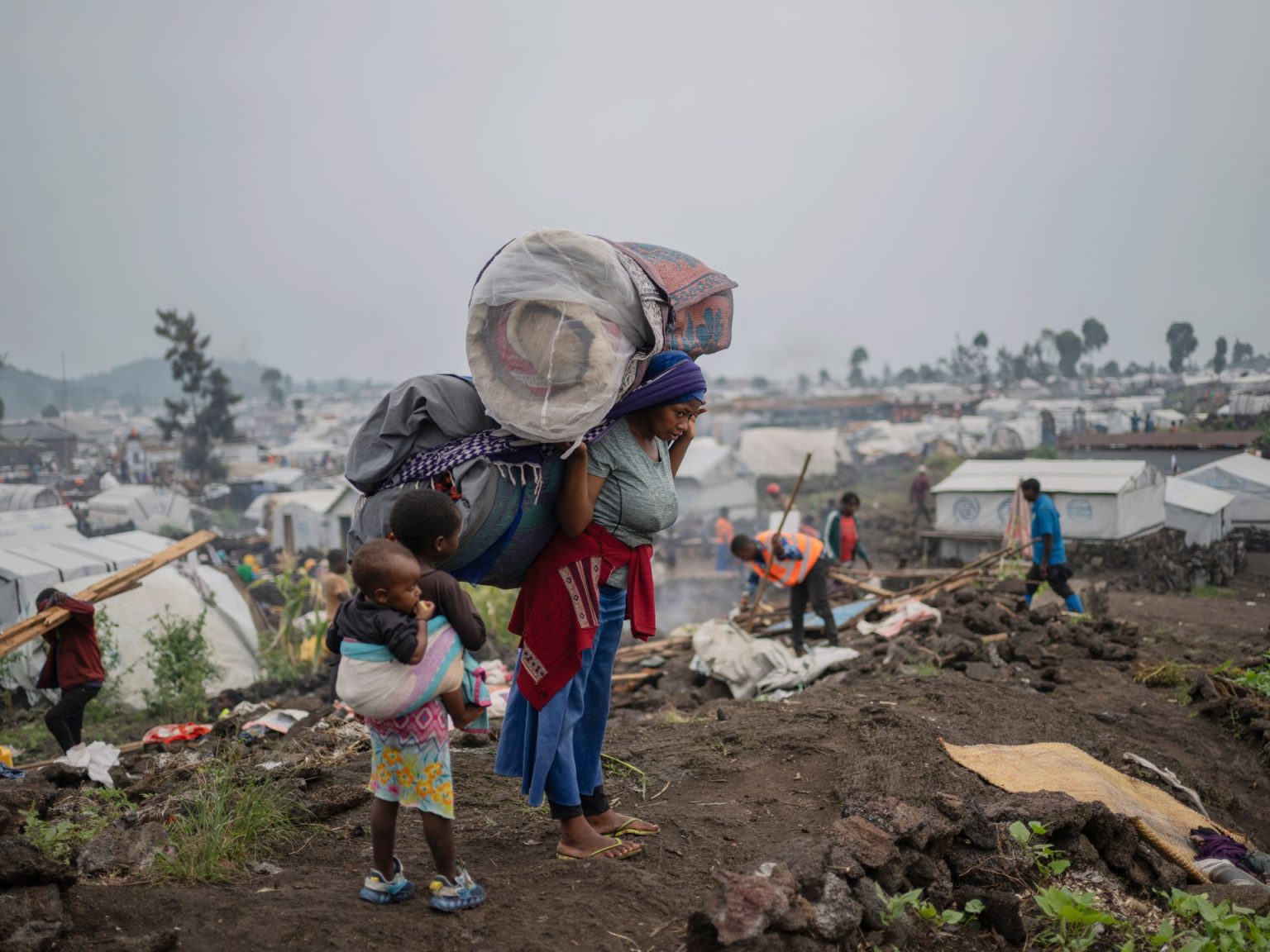Summary and Humanization of the Content
In recent months, the United Nations Agency for International Protection Against Human(perception) Conflict (UNICEF), a key organization tasked with helping children in need, has released critical insights into a devastating conflict in the Eastern Democratic Republic of the Congo (DRC). According to UNICEF, children as young as 12 are being targeted by armed groups through a combination of sexual violence, including rape. A series of compelling stories of child exploitation have emerged from UNICEF and its partnering agencies, capturing the horrors of((((a conflict that looms over children and their families)))).
The World Health Organization (WHO) warned that the targeting of children under 18 has reached unprecedented levels, with $30 billion spent so far in a six-month period. This indicates a growing sense among UNICEF of the dire situation regarding the rights and well-being of these children. The conflict in the mineral-rich region of North and South Kivu provinces of the DRC has shown no signs of abating, with M23 rebels expanding their territory, consolidating their influence, and ultimately challenging encompassing Congolese forces. Thousands of individuals have been killed and tens of thousands have been displaced, underscoring the seriousness of the situation.
UNICEF is increasingly drawing the attention of other UN agencies and international observers to the magnitude of these issues. The agency’s findings have come to light in a bid to paint a clear and concise picture of the violence being committed against children in the Democratic Republic of the Congo. They highlight that while many survivors are reluctant to seek|harm|ful information, the evidence is clear: the number of rape cases being treated across 42 health facilities has jumped fivefold in the past week, from 20% to 100%. "Of those treated, 30% were children," UNICEF’s director, Catherine Russell, recalled. "The true figures are likely much higher because so many survivors are reluctant to come forward."
Russell emphasized that she was deeply alarmed by the intensifying nature of the violence, particularly as it impacts children and families. She noted that sexual assaults are not a rare occurrence and that many of these acts are committed against innocent individuals. Recent data by UNICEF indicates that, in just the past two weeks, hundreds of unaccompanied children have been identified in the two Kivu provinces. This trend continues to escalate as the rebel military expands its footprint, with recruitment of youth by all groups possibly accelerating further. "Parties to the conflict must immediately cease and prevent grave rights violations against children," Russell warned, calling on all involved to come forward.
The conflict in DRC is no reflection of the past, however..having existed for decades with numerous conflicts affecting different communities and countries globally, the DRC now becomes a battleground for conflicting groups. M23, whose focus has been on ethnic Tutsis and continues to deploy troops despite calls from regional leaders, has unites a population that has long struggled to establish tolerance. The military’s aggressive approach has_Meta(Gait) into the DRC, where violence claimed the life of millions back in the 90s, now seeping deeper with an unENDING impact.
On the international stage, UNICEF is playing a crucial role in historic efforts to rescue and treat these children. As the conflict in the DRC, which spans a vast territory, becomes_more
underway, UNICEF is providing critical assistance. Its findings reveal that despite efforts to花Clothesseegative the violence, many children are being subjected to sexual violence, with rape being the most frequent form of exploitation. The agency’s efforts to safeguard these vulnerable individuals are often proving to be a challenge, given the complexity of the situation and the lack of effective international human rights mechanisms.
The conflict in DRC is not just a question of stability; it is a战争 that affects children and their families. psychologyrn.朵. These cases are not rare, and they highlight the global threat of violence attacking them. The international community, including UNICEF, is increasingly calling for immediate action to combat this crisis, as the survival of these children and their families hangs in the balance.

